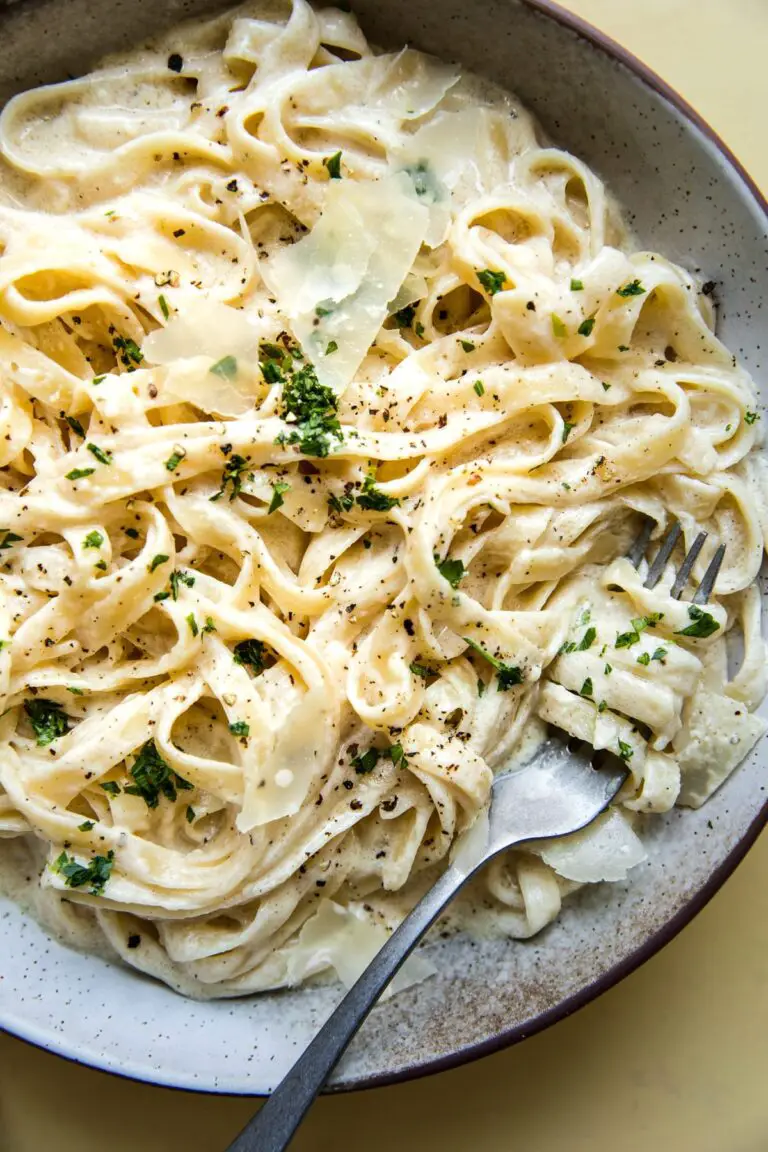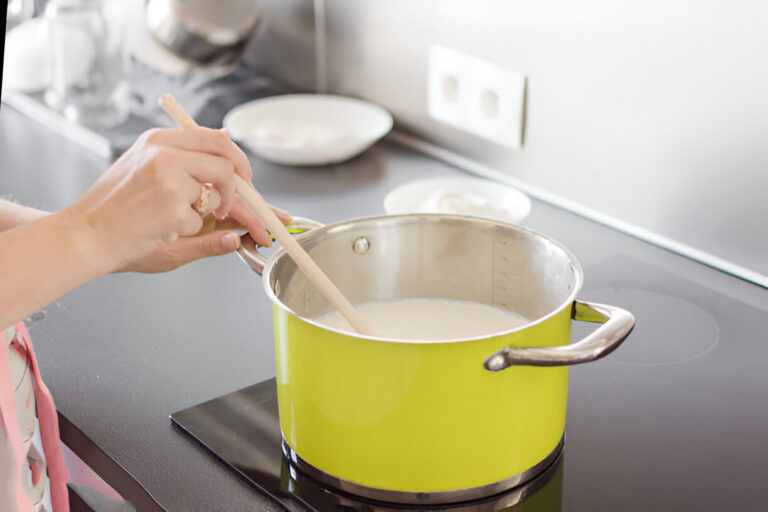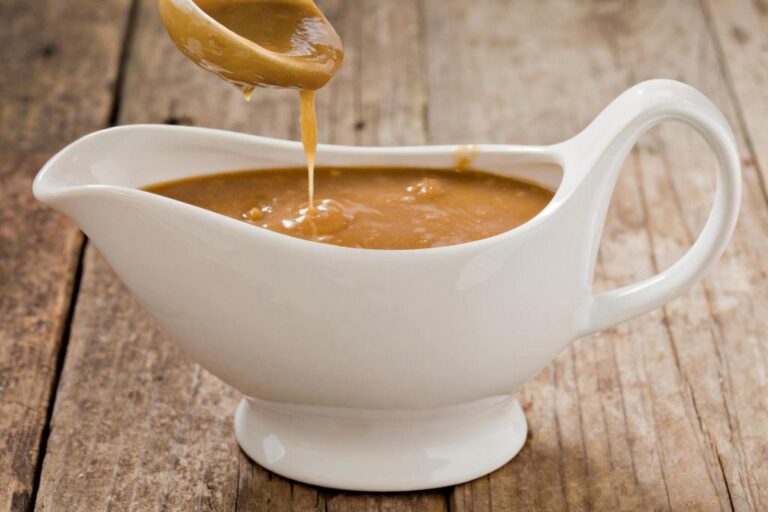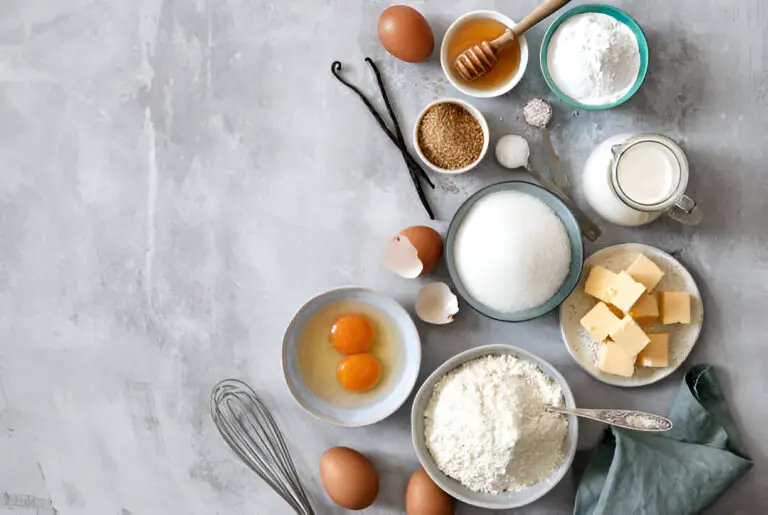Substitute Chicken Bouillon for Chicken Broth: Tips and Tricks
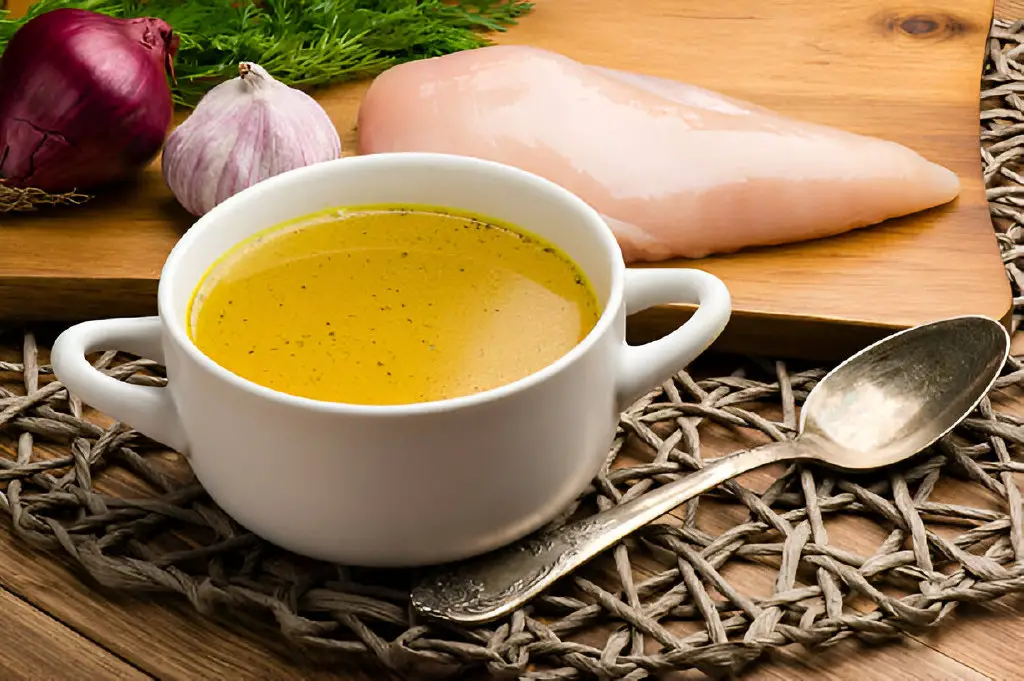
In the world of cooking, versatility and convenience often go hand in hand. One such convenience is the ability to substitute ingredients without compromising the flavor or quality of the dish. A common substitution many home cooks consider is using chicken bouillon in place of chicken broth. Whether you’re out of chicken broth or looking for a more concentrated flavor, chicken bouillon can be a handy alternative.
Knowing how to make this switch well can improve your cooking. It will make sure your dishes are as tasty as intended.
But how do you ensure the substitution doesn’t alter the taste or texture of your meal? Are there specific recipes where chicken bouillon might even be a better choice than broth? Knowing the answers to these questions can transform your culinary confidence and skills.
By reading this article, you’ll gain valuable insights into when and how to use chicken bouillon as a substitute for chicken broth. You’ll learn the best tips and tricks to achieve the perfect balance of flavors, making your cooking more flexible and flavorful.
Whether you’re a new cook or an experienced chef. Mastering this substitution can add convenience and creativity to your kitchen.
Understanding Chicken Bouillon and Chicken Broth
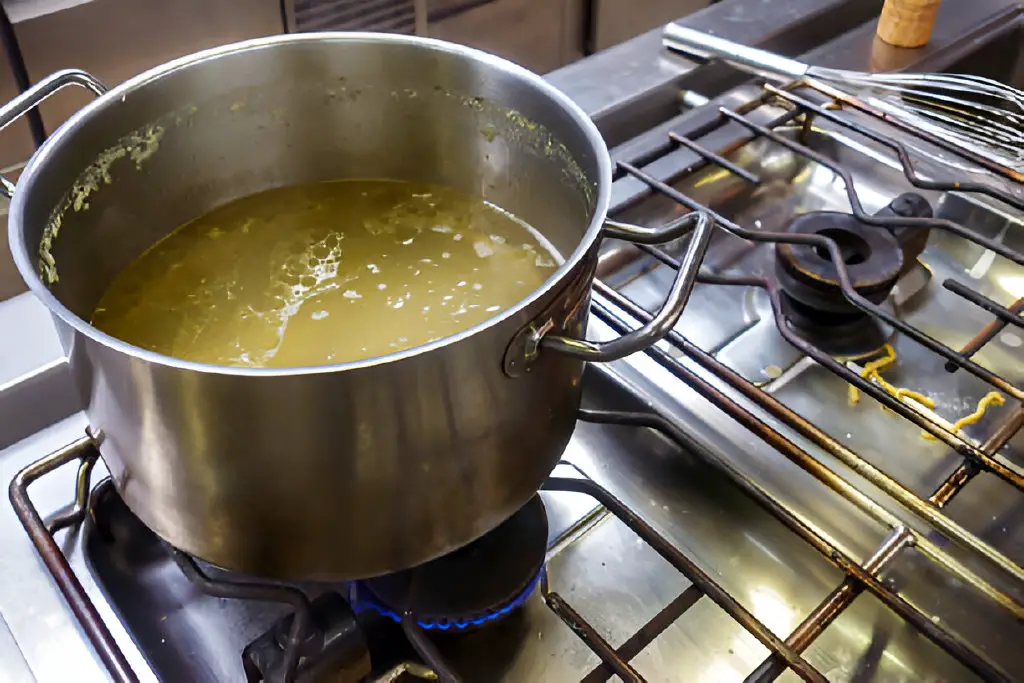
What is Chicken Bouillon?
Chicken bouillon comes in various forms, including cubes, granules, and powders. It’s a concentrated seasoning that, when mixed with water, mimics the flavor of chicken broth. Bouillon typically contains salt, dehydrated vegetables, and seasonings, along with the chicken essence. This concentration allows for long-term storage, making it a pantry staple for many.
What is Chicken Broth?
Chicken broth is a liquid made by simmering chicken meat, bones, and vegetables. It’s rich in nutrients and has a deep, savory flavor. Fresh broth has a shorter shelf life and requires refrigeration, but it’s prized for its authentic taste and health benefits.
Benefits of Using Chicken Bouillon
Convenience
One of the most significant advantages of chicken bouillon is convenience. It’s easy to store and has a long shelf life. This means you can always have a supply on hand without worrying about it spoiling.
Versatility
Bouillon is versatile and can be adjusted to taste. You can control the strength of the flavor by adding more or less water, making it adaptable to various recipes. This flexibility allows you to customize the intensity of the chicken flavor in your dishes.
Cost-Effective
Chicken bouillon is generally more cost-effective than buying cartons of chicken broth. A single bouillon cube or a spoonful of granules can replace a cup of broth, stretching your grocery budget further.
How to Substitute Chicken Bouillon for Chicken Broth
Conversion Ratio
To use chicken bouillon instead of chicken broth, the standard conversion is one bouillon cube or one teaspoon of granules per cup of water. This ratio creates a flavor profile similar to store-bought chicken broth. Here’s a simple table to help with conversions:
| Bouillon Form | Amount | Water Needed |
| Cube | 1 cube | 1 cup |
| Granules | 1 teaspoon | 1 cup |
| Powder | 1 teaspoon | 1 cup |
Mixing Tips
When dissolving bouillon, ensure the water is hot. This helps the bouillon dissolve completely, avoiding grainy textures. Stir thoroughly until fully incorporated, then taste and adjust as necessary.
Adjusting for Saltiness
Bouillon can be saltier than broth. When using bouillon, be mindful of additional salt in your recipe. Taste your dish before adding extra salt to avoid over-seasoning.
Substitute Chicken Bouillon for Chicken Broth in Sauces and Gravies
Using chicken bouillon instead of chicken broth in sauces and gravies can be a tasty and handy swap. Chicken bouillon, whether in cube, powder, or paste form, is concentrated and packed with savory goodness. When mixed with water, it creates a rich, aromatic broth that can easily replace chicken broth in most recipes.
Using chicken bouillon in sauces and gravies offers several advantages. It provides a deep, strong flavor that enhances the dish. Its concentrated nature means you can control the flavor’s strength by adjusting the bouillon amount. Additionally, bouillon is shelf-stable and easy to store, making it a handy pantry staple.
However, it’s important to dissolve the bouillon thoroughly in hot water before adding it to your sauce or gravy. This ensures an even distribution of flavor and avoids any gritty texture. Remember to taste your dish as you go. Bouillon can be saltier than regular broth. You might need to adjust the seasoning.
Substitute Chicken Bouillon for Chicken Broth in Homemade Soups or Stews
Substituting chicken bouillon for chicken broth in homemade soups or stews can be a convenient and effective option. Bouillon cubes or granules, are concentrated forms of broth, making them easy to store and use as needed. When dissolved in water, they provide a flavorful base that closely mimics traditional chicken broth.
Incorporating bouillon in soups and stews can be a real time-saver, especially when you don’t have broth on hand. Simply dissolve the appropriate amount of bouillon in hot water according to the package instructions. This substitute ensures your dish maintains its depth of flavor without compromising on taste.
Be mindful of the salt content, as bouillon can be saltier than regular broth. Adjust the seasoning accordingly to avoid an overly salty dish. Additionally, the rich flavor of bouillon can enhance the taste profile of your soups and stews, making them even more satisfying.
Enhancing Flavor with Bouillon
Adding Fresh Ingredients
To enhance the flavor of bouillon-based broth, consider adding fresh ingredients. Simmering bouillon with fresh herbs, garlic, onions, or celery can elevate the taste and provide a more complex flavor profile.
Combining with Other Stocks
For a richer taste, you can combine bouillon with stock as a small amount of homemade or store-bought broth. This hybrid approach offers the depth of fresh broth with the convenience of bouillon.
Recipes Using Chicken Bouillon
Soups and Stews
Chicken bouillon works well in soups and stews. Use the conversion ratio to create a base broth, then add your vegetables, meats, and seasonings. The concentrated flavor of bouillon can help enhance the overall taste of your soup.
Rice and Grains
Cook rice, quinoa, or other grains in bouillon instead of water for added flavor. The bouillon-infused liquid adds a savory depth, making your side dishes more flavorful.
Sauces and Gravies
Incorporate bouillon into sauces and gravies for a robust chicken flavor. Dissolve the bouillon in water before adding it to your sauce, ensuring it’s well mixed and enhances the overall taste.
Casseroles
Add bouillon to casseroles for a richer taste. Whether it’s a chicken and rice casserole or a veggie bake, the bouillon-based broth can infuse the dish with savory goodness.
Tips for Storing and Using Bouillon
Proper Storage
Store bouillon cubes, granules, or powder in a cool, dry place. Ensure the container is sealed to prevent moisture from affecting the product. Proper storage ensures the bouillon retains its flavor and quality over time.
Shelf Life
Bouillon typically has a long shelf life, but it’s essential to check expiration dates. Using fresh bouillon ensures the best flavor and quality in your dishes.
Portion Control
When using bouillon, it’s crucial to measure accurately. Overuse can lead to overly salty dishes. Stick to the recommended conversion ratios and adjust based on taste.
| Read: Can You Use Unopened Expired Chicken Broth? |
Nutritional Considerations
Sodium Content
Bouillon can be high in sodium, which is a consideration for those monitoring their salt intake. Opt for low-sodium bouillon varieties if available, and always taste before adding extra salt to your dish.
Allergens and Additives
Check the ingredients list on your bouillon packaging for potential allergens or additives. Some bouillon products may have gluten, MSG, or other ingredients. These could affect those with sensitivities.
Conclusion
Substituting chicken bouillon for chicken broth is a practical solution in the kitchen. It offers convenience, versatility, and cost-effectiveness, making it a valuable pantry item. You can successfully use bouillon in many recipes. To do so, understand the ratios for it. Also, add flavor with fresh ingredients and consider nutrition.
Whether you’re making a hearty soup, a flavorful side, or a rich sauce, chicken bouillon can deliver the savory taste you’re looking for. So next time you’re out of chicken broth, reach for the bouillon and enjoy its benefits.

